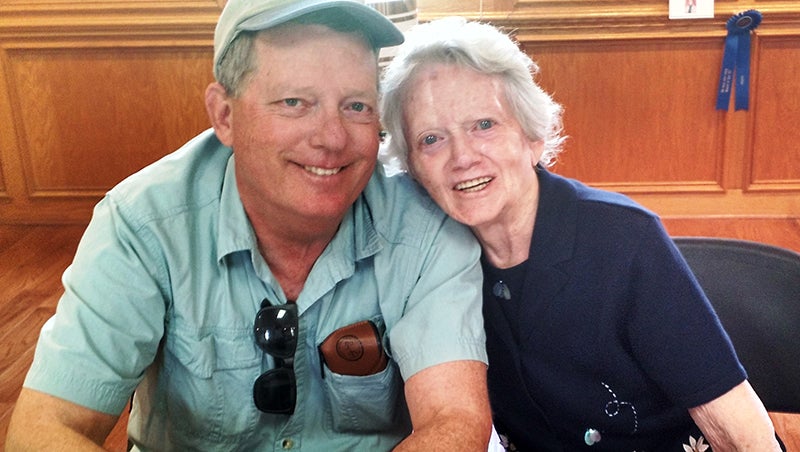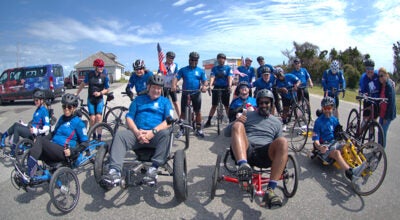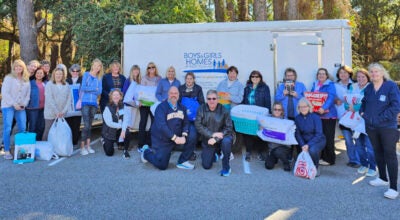Caregivers and the struggle to provide care
Published 2:37 pm Monday, October 3, 2022

- Lloyd Minerich and Maxine Minerich. Courtesy GEM Adult Day Services
|
Getting your Trinity Audio player ready...
|
By Gail Sonnesso, MS, Founder and Executive Director, GEM Adult Day Services, Inc.
In my work in a skilled nursing facility and with GEM for over 30 years I have met many caregivers. Caregivers are young, old, rich, poor and struggle to provide the “best care!” Caregiving is called the “36 hour day” especially when you are caring for a person living with dementia or brain change.
The caregiving role encompasses a varied and complex set of tasks, from monitoring medicines, assistance with toileting, to “being with their loved one to keep them safe.” The role of caregiver includes helping with finances, monitoring medicines and interacting with health care professionals in many situations. Caregiving also results is huge family costs as stated below in The 2022 National Strategy to Support Family Caregivers.
“While family caregiving is rewarding, it can be challenging, and when caregivers do not have the support they need, their health, wellbeing, and quality of life often suffer. Their financial future can also be put at risk; lost income due to family caregiving is estimated at $522 billion each year,” stated the 2022 National Strategy to Support Family Caregivers from the U.S. Department of Health and Human Services (HHS) through its Administration for Community Living (ACL).
Ask most people where they would prefer to live and they will answer “at home!” Enabling people to stay at home requires total commitment of both time and dollars from their caregivers.
Did you know that “Millions of older adults and people with disabilities would not be able to live in their communities without this essential support – and replacing it with paid services would cost an estimated $470 billion each year,” stated the National Strategy report.
There is help on the horizon! The National Strategy includes potential government actions that address issues that family caregivers say are most important, including:
1) Access to respite services
2) Support with day-to-day and complex medical tasks
3) Inclusion of caregivers in care teams
4) Financial education on caregiving costs
5) Better identification of family caregivers
6) Research on the needs of family caregivers
“Access to respite services” covers a wide range of programs and services. The most well known is a paid caregiver that comes to the home, but respite – or “relief from the caregiving role” – includes a multiple programs and services. Respite can be provided at memory cafes, group respite programs and licensed adult day programs to include both social and health models.
GEM Adult Day Services, Inc. is a local non-profit that provides Harmony Café, a free weekly program which engages both the care partner and the participant in activities that are enjoyable to both! We enjoy music, arts, pet therapy, puppet shows, gardening, educational programs, chair exercise and a delicious snack or lunch. We collaborate with community organizations and local churches enabling us to offer these programs at no cost to the attendees.
GEM is working with national, regional and local organizations to provide a wider variety of respite programs in Dare County. We hope that this national report will garner more funding and support for family caregivers.
To learn more about GEM program, call Gail Sonnesso at 252-480-3354 or visit our website: www.gemdayservices.org.
CHECK OUT OUR SENIOR LIVING SPECIAL SECTION HERE.
SUBSCRIBE TO THE COASTLAND TIMES TODAY!






